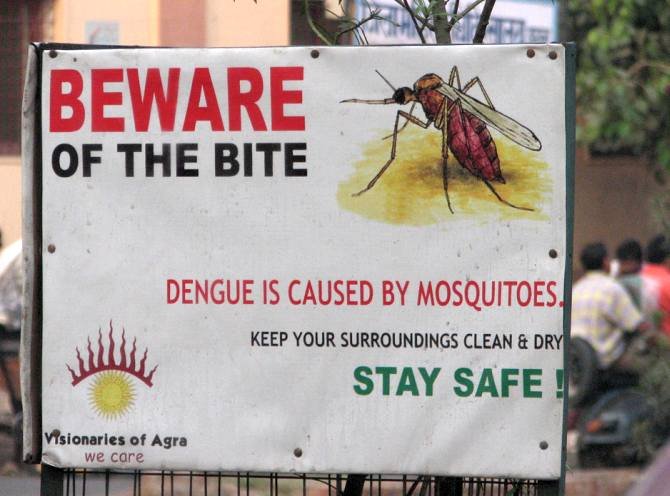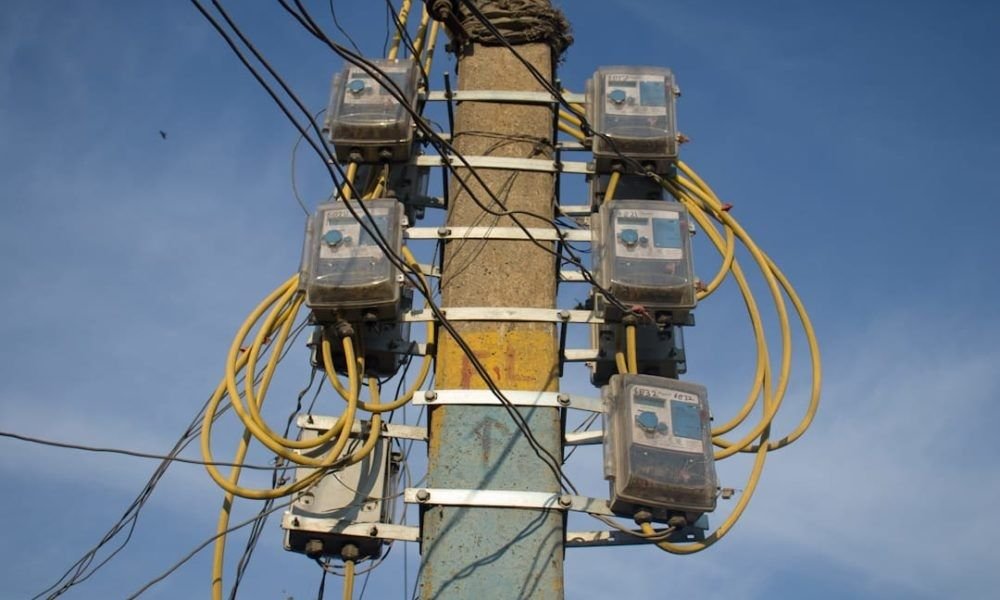Jammu and Kashmir is witnessing a sharp rise in dengue cases this year, with official records confirming 2,168 infections across the Union Territory. Health authorities have raised concern over the growing number of cases and urged residents to adopt strict preventive measures to stop the spread of this mosquito-borne disease.
Jammu Leads with the Highest Dengue Cases
According to official health data, Jammu district has reported the highest number of dengue infections, recording 960 cases to date. The situation remains concerning in other districts as well — Kathua, Samba, and Udhampur have each reported a considerable number of infections.
Meanwhile, 23 cases have been detected from the Kashmir division, and 41 cases have been traced to individuals from other states.
The health department has conducted more than 20,000 dengue tests this year — precisely 20,277 tests — to identify and control the spread of the disease. Medical teams have intensified surveillance, especially in vulnerable areas, to ensure early detection and treatment.
Health experts are advising residents to remain vigilant and adopt simple but effective dengue prevention methods.
Doctors highlight that Aedes aegypti mosquitoes, which transmit dengue, are most active during early morning and late afternoon. People are urged to:
- Use mosquito nets or window screens, even during the day.
- Wear full-sleeved clothing to avoid mosquito bites.
- Keep their surroundings clean and remove stagnant water, which serves as a breeding ground for mosquitoes.
Medical professionals warn that dengue continues to be a significant public health concern in Jammu and Kashmir. The disease, known for causing high fever, joint pain, and severe fatigue, can become life-threatening if not managed properly.
Authorities have launched awareness campaigns encouraging citizens to take part in community cleanliness drives and eliminate mosquito breeding sites. The government has also strengthened hospital readiness to handle any potential surge in dengue patients.
Health officials emphasize that controlling dengue requires collective participation. Citizens, local bodies, and health departments must work together to maintain hygiene and adopt preventive measures.
By ensuring clean surroundings and early diagnosis, Jammu and Kashmir can effectively curb the spread of dengue and protect public health.
















